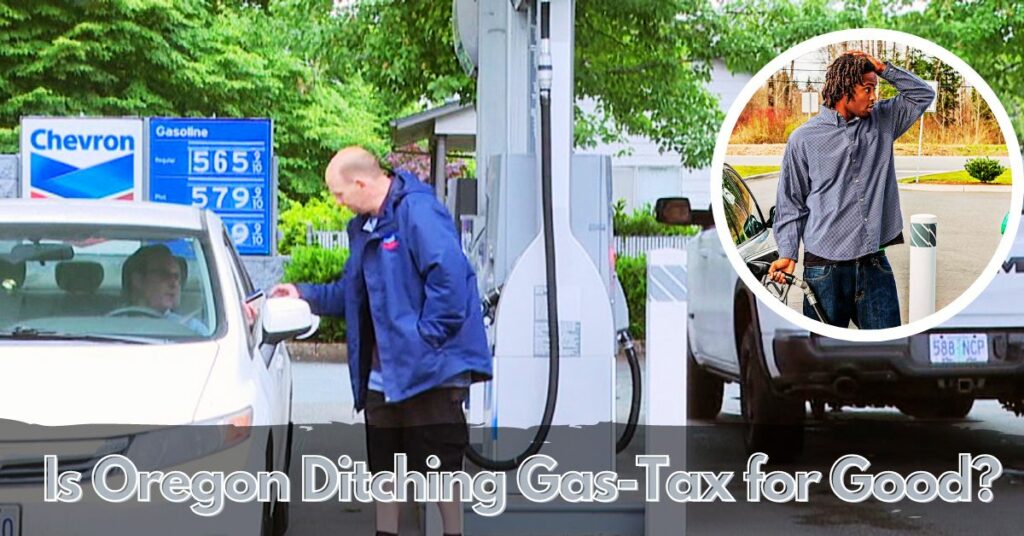There are just a few days left for the public to provide input on the Oregon Department of Transportation’s goals for the agency to consider as it finalizes the draft 25-year Oregon Transportation Plan.
The Oregon Transportation Plan (PDF) is the state’s official long-term transportation strategy, according to ODOT. It provides a long-term strategy and policy framework for the transportation sector. The local and regional plans reflect policies and choices made at the state level by ODOT and other transportation agencies. These plans are informed by the OTP and its mode and topic plans.
You can also read what KTVZ NewsChannel 21 tweeted about Oregon’s decision to abandon its gas tax.
Tonight’s https://t.co/jdTIRbbCwq Poll asks: Would you support a proposed ODOT move from a gas tax to a tax per mile, to have electric/hybrid vehicles contribute their “fare share” to road upkeep? Please weigh in! https://t.co/hxVQ91fzCQ
— KTVZ NewsChannel 21 (@KTVZ) May 10, 2023
“Because of the reduction in revenue in front of us, do less with less. Then what should we prioritize? Tell us what’s important to you,” Shelley Snow, ODOT’s strategic communications coordinator, asked the public on Tuesday.
Here’s a link to a video on YouTube explaining why Oregon is eliminating its gas tax:
When it comes to fixing the state’s roadways, Snow says the gas tax is one of the only sources of revenue, “but we don’t have the funds to do everything that everyone wants.” Since 1999, ODOT has been planning a way to charge drivers based on how far they drive. It would replace the gas tax in the proposed Oregon Transportation Plan.
If a per-mile tax were implemented in Oregon, drivers of hybrids and plug-in hybrids would be required to contribute to road maintenance costs in addition to those of gas-powered cars. Snow claims that the rising popularity of hybrids and EVs is to blame for a decline in revenue from the state’s 38-cent-per-gallon gas tax.
“People who do drive those high mile-per-gallon vehicles, those old, all-electric vehicles, and hybrids, know they are not paying their fair share and have been willing to pay the per-mile fee,” she said.
“People who do drive those high mile-per-gallon vehicles, those old, all-electric vehicles, and hybrids, know they are not paying their fair share and have been willing to pay the per-mile fee,” she added. More than $650 million in revenue is expected to be generated by the Oregon automobile fuel tax in 2022. Despite the projected population increase, this will fall to $630 million by 2031.
“We’ve looked ahead, we’re continuing to look ahead, and the revenues are falling beyond how we have been able to maintain things and do things,” Snow said.
Here are some up-to-date facts about recent events in Oregon:
- Oregon Senate Stalemate Nearing Resolution: Lawmakers to Meet Wednesday
- Seven Days of Republican Protest in the Oregon Senate
Individual Oregon drivers will have their mileage recorded by a private sector account manager of their choosing. More information concerning the potential tracking of your mileage may be found at this link.
Visit their feedback forum or email them your thoughts on the plan and how ODOT can improve road safety and accessibility. The deadline for public feedback on the preliminary 25-year plan is Friday.
You should save focushillsboro.com if you’re curious about Oregon and don’t want to miss any updates.
